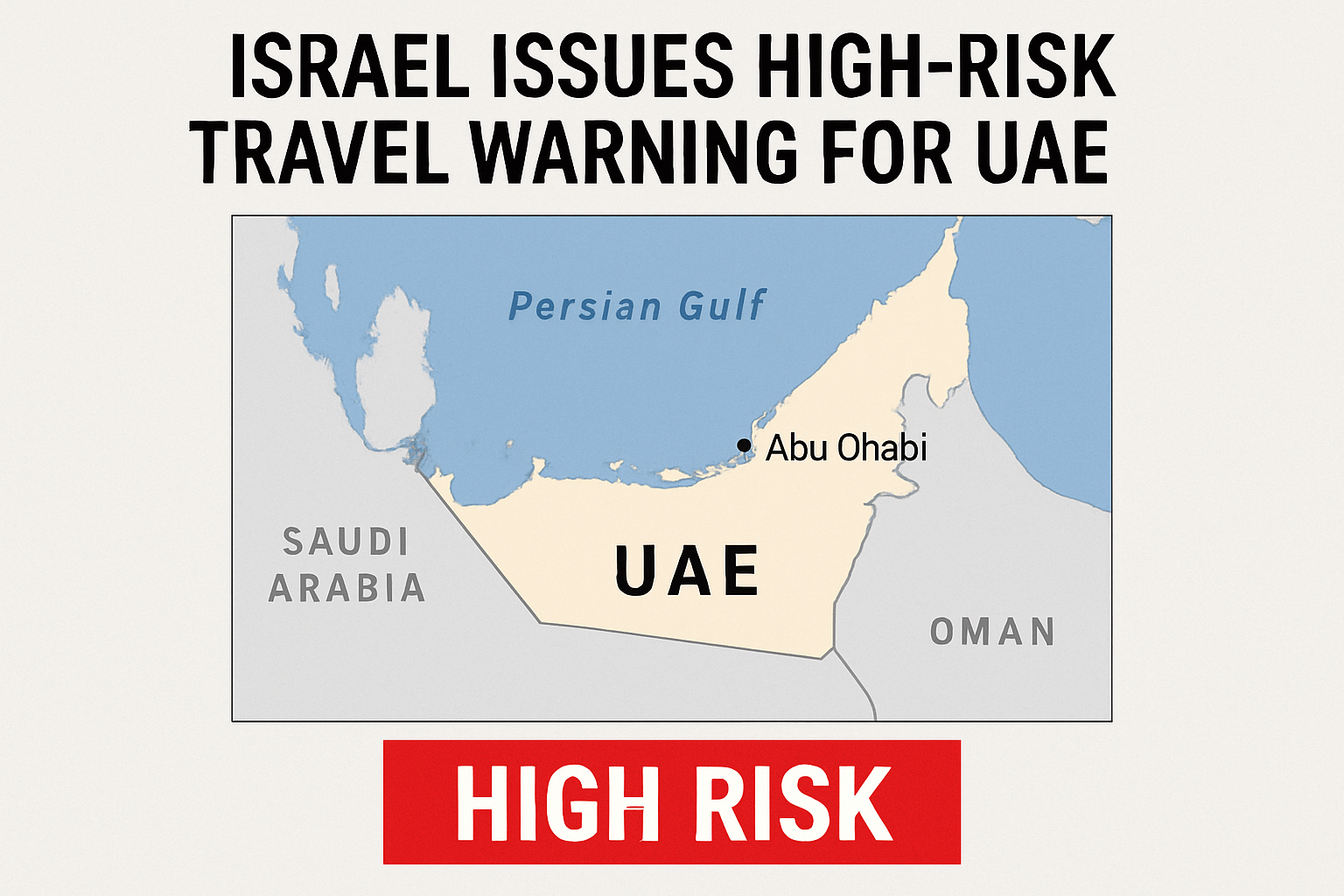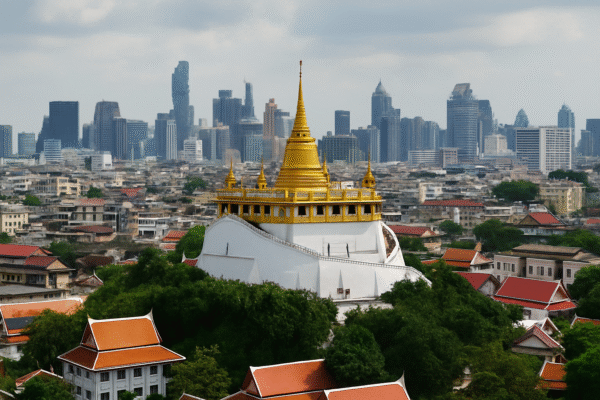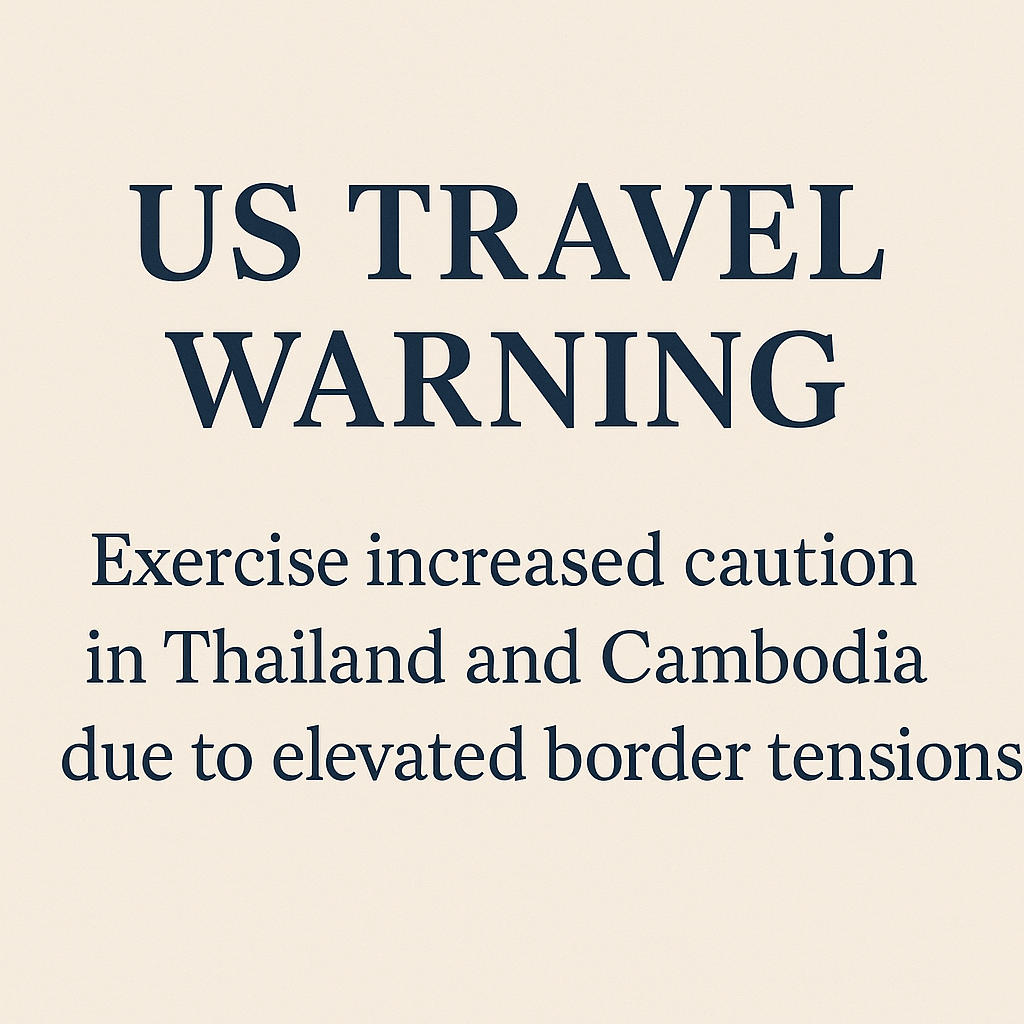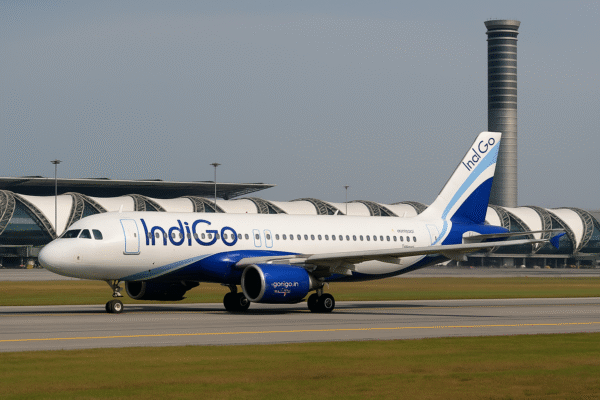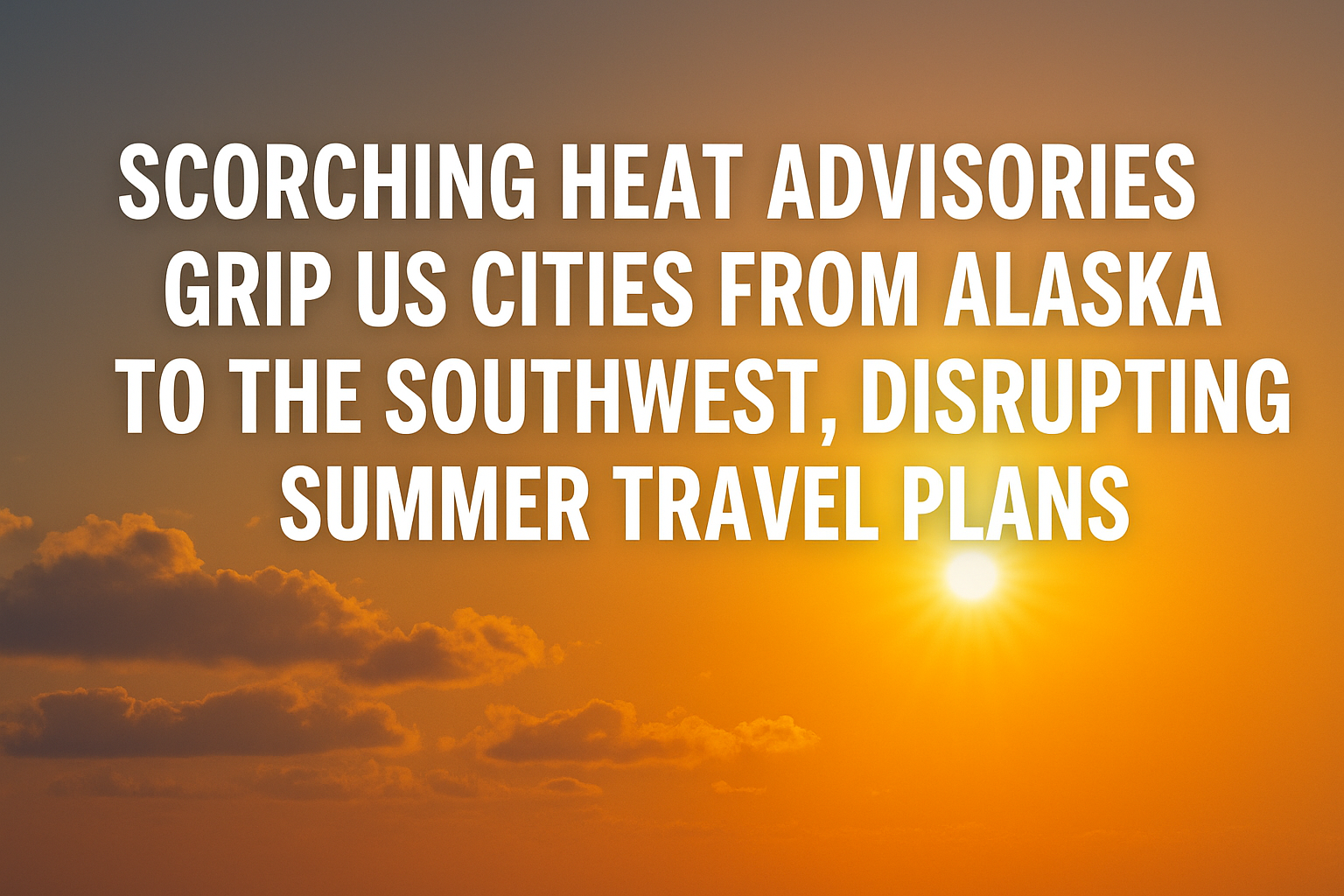In an unprecedented weather event, Alaska has officially issued its first-ever heat advisory, signaling a significant shift in climate conditions for this traditionally cool destination. Joining cities like Juneau, El Paso, Albuquerque, Phoenix, and Las Vegas, this advisory is part of a broader heatwave gripping diverse regions of the United States, posing serious disruptions to summer travel plans in June 2025.
The National Weather Service (NWS) issued the historic heat advisory specifically highlighting Fairbanks, which is expected to see temperatures rise dramatically to nearly 89°F (32°C). Such temperatures are remarkable for a region typically characterized by mild summers and cold winters. Previously, NWS would categorize similar events as “special weather statements,” but the formal declaration of a heat advisory indicates the severity and anticipated impacts.
Meanwhile, Alaska’s capital, Juneau, has also issued advisories as temperatures in early June soared unexpectedly high, creating unfamiliar challenges for residents and tourists alike. Down south, traditional heat centers like El Paso, Albuquerque, Phoenix, and Las Vegas are facing forecasts exceeding 100°F, triggering urgent public safety alerts and causing widespread disruptions in transportation and local businesses.
Travel Industry Reacts Swiftly
The unexpected heatwave is compelling travel and tourism stakeholders to rapidly adjust their strategies. Airlines serving these regions, including Fairbanks International Airport, are re-examining flight schedules and enhancing passenger services by establishing additional hydration stations and shaded waiting areas. Delays have already been reported due to heat-related operational restrictions.
Tour operators are proactively shifting their activities to cooler times of the day, advising travelers to avoid peak sunlight hours. Outdoor adventure companies in Alaska, typically prepared for cold conditions, are now urgently advising clients about heat safety and altering guided hikes and wilderness tours to early mornings or late evenings.
Hotel Industry Faces Unprecedented Challenges
Alaskan hotels and lodges, traditionally designed to retain heat, are facing extraordinary circumstances due to the lack of air conditioning and limited ventilation. Many accommodations rely on the typically cool night air for natural cooling. However, with wildfire smoke increasingly prevalent, opening windows is becoming problematic, trapping heat indoors and potentially jeopardizing guests’ health and comfort.
Hotels in Fairbanks are urgently sourcing portable cooling units, fans, and implementing emergency cooling strategies. With peak summer bookings already established, the unexpected heatwave could lead to cancellations and negatively impact customer satisfaction, directly affecting the tourism industry’s economic stability.
Tourism Boards Navigate New Climate Realities
Local tourism boards, including the Alaska Travel Industry Association (ATIA), are working to balance traveler expectations with safety and comfort. They are updating marketing materials and public communication to emphasize preparedness for warmer weather, advocating the use of temperature-monitoring apps, and disseminating real-time alerts and safety guidelines.
This approach marks a shift from traditional imagery of glaciers and cool escapes, highlighting instead Alaska’s increasingly varied climate conditions. This proactive stance aims to ensure tourists remain informed and prepared for the evolving reality.
Wildfire Risks Heighten Concerns
The intensified heat significantly increases wildfire risks, further complicating the scenario. Fairbanks, already familiar with prolonged periods of wildfire smoke, now faces heightened visibility and health risks. Wildfires limit outdoor activities, impacting hiking trails and tourist attractions typically booming during the summer season.
Authorities and tour operators are reinforcing wildfire safety protocols, preparing alternative indoor activities, and enhancing evacuation procedures to manage these complex emergencies effectively.
Implications for Climate Policy and Tourism
This unprecedented issuance of a heat advisory in Alaska isn’t merely an administrative shift—it’s a clear indicator of evolving climate realities. It underscores the necessity for robust policy development and infrastructure adaptation to ensure public safety and maintain tourism resilience.
Local authorities and federal officials emphasize that these high temperatures are part of an ongoing climate shift. While not entirely unprecedented, they stress the necessity for public awareness, preparedness, and adaptive infrastructure to handle such events effectively in the future.
Conclusion: A New Chapter for Alaskan Tourism
Alaska’s inaugural heat advisory symbolizes a transformative moment for tourism in the region. Travelers now must adjust their expectations, planning not only for the famous cold but also for unexpected heat. Authorities are urging tourists to stay informed, carry ample water, use sun protection, and maintain flexibility in their travel plans.
Ultimately, this historic heat advisory serves as a wake-up call, highlighting the need for preparedness and adaptation in tourism practices as climate patterns shift globally. For Alaska and similar destinations, the future will require balancing the allure of adventure with prudent, proactive responses to climate challenges.




